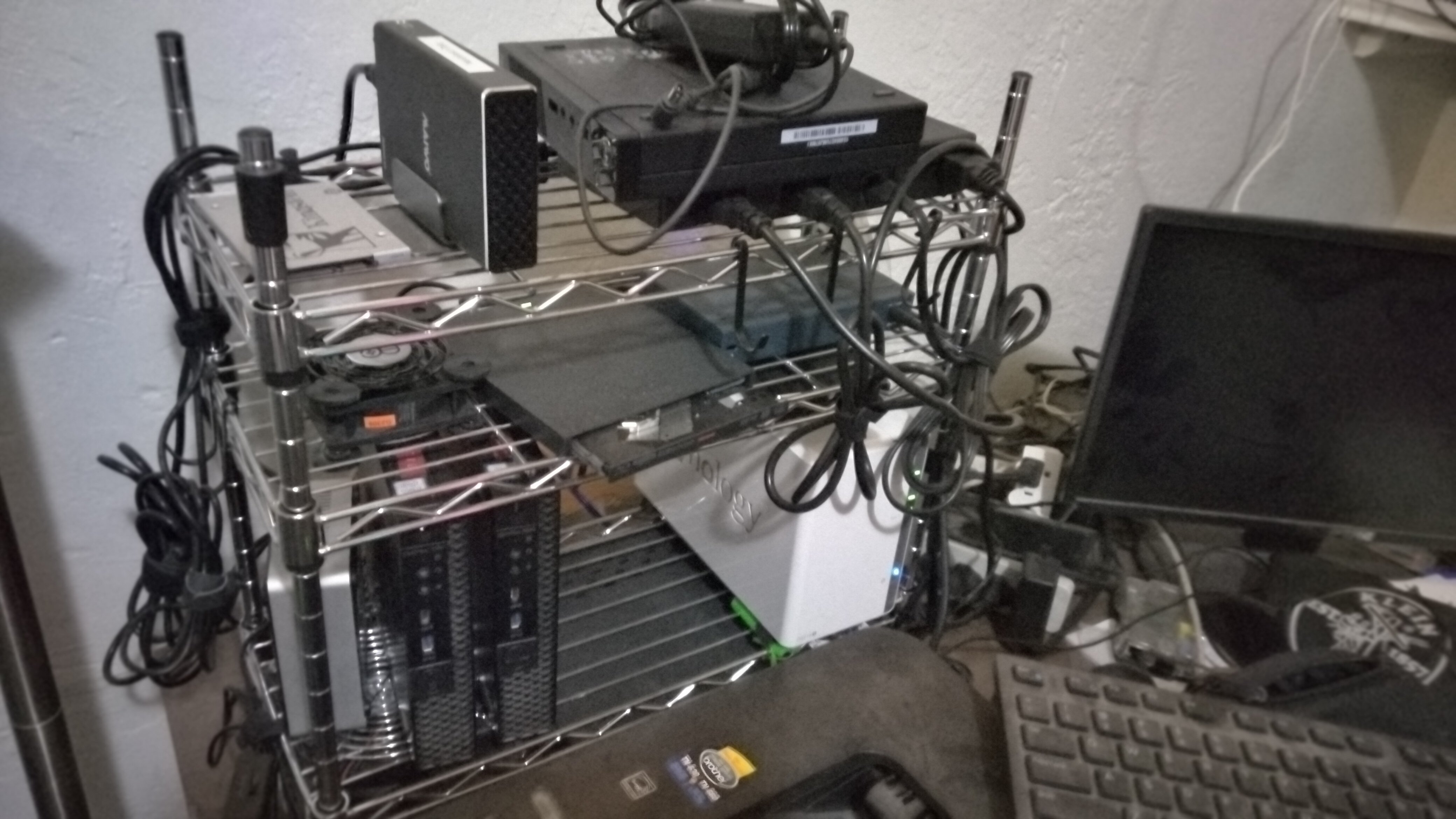

As mentioned many times I’m sure, I use my rpi’s as a pi-hole/VPN. It’s nice having them as dedicated devices for low power things, if my main server ever fudges up, my VPN still works and internal DNS is still resolved. If I’m not home and get complaints from the family that jellyfin isn’t working, I can either fix it remotely or wake up my dev server for them to use in the meantime.
I also have an rpi 1 as a “dedicated ssh machine” that I can ssh into in case all of my other machines have gone goofy. If for any reason my two main devices aren’t accessible, that one will be because if there’s power to the house it will turn on. It does literally nothing else, so there’s very little chance a power outage will corrupt anything. It does require that the pivpn device is working if I’m not home, but I prefer to leave that to it’s own …devices.



Check eBay for used business micro/mini/tiny PCs. They’re pretty cheap, and low power consumption. They’re mostly Intel processors, so that’s what you make of it. If I were you I’d look for i3 processors 9th gen and up, i5 and i7 8th Gen and up for transcoding. They can hardware transcode pretty much anything but AV1, vp9, and hevc 12bit but the processors are powerful enough that they can transcode those to x265/264 to a device or two using the CPU without issues.
If you don’t plan on transcoding, I’ve had no issues with a 5th Gen i5 NUC doing server things, but I do offload any processor heavy things to my 7060 micro (8th Gen i7) machine if I want it done quickly.